When purchasing or operating a dump trailer, one of the pressing questions that often arises is whether insurance is necessary. As a crucial component in the world of hauling and construction, dump trailers serve numerous functions, from transporting materials to offloading debris. However, without appropriate insurance coverage, owners may expose themselves to significant financial risks. This article aims to delve into the necessity of insurance for dump trailers, explore various insurance types, and answer common questions to help owners make informed decisions.
Understanding Dump Trailer Insurance
What Is Dump Trailer Insurance?
Dump trailer insurance is a specialized type of insurance coverage designed to protect owners and operators from financial losses and liabilities associated with their trailers. Coverage can vary widely, including protection against theft, damage, liability for injuries caused by the trailer, and potential losses incurred during transportation.
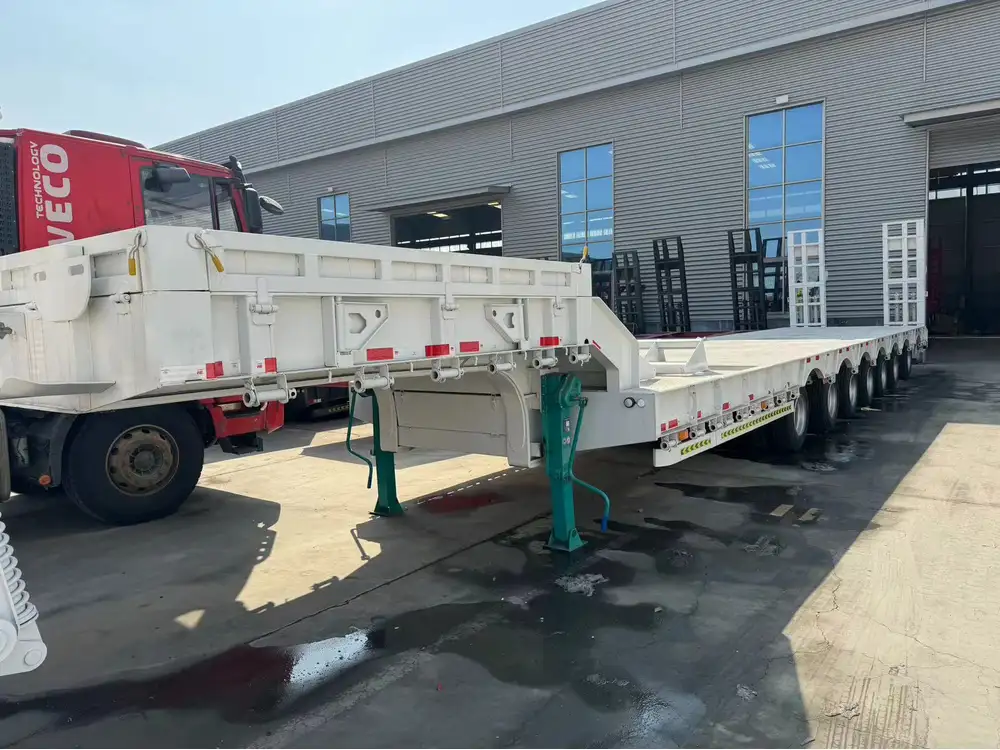
Is Insurance Mandatory?
While there is no universal law mandating insurance for dump trailers, it is essential to evaluate specific circumstances and local regulations. For instance:
| Consideration | Details |
|---|---|
| State Regulations | Some states may require insurance for commercial trailers or while used for business. |
| Financing/Leasing Agreements | If you finance or lease your dump trailer, the lender will likely mandate insurance coverage. |
| Business Operations | If you use your trailer for business purposes, having insurance can protect against liability claims. |
Risks of Operating Without Insurance
Operating a dump trailer without insurance exposes owners to potential financial disaster. Consider the following risks:
- Liability Claims: If an accident occurs involving your dump trailer, you may be held liable for damages or injuries.
- Property Damage: Accidental damage to your or someone else’s property can lead to costly repair claims.
- Theft or Vandalism: Dump trailers can be targets for theft; without insurance, the financial loss falls solely on the owner.
- Accidental Damage: Equipment failure or human error can lead to significant financial setbacks without insurance coverage.
Types of Insurance Coverage for Dump Trailers
When assessing insurance options for dump trailers, it’s vital to understand the various types of coverage available. Here are the main types:

1. Liability Insurance
Liability insurance provides coverage for claims arising from bodily injury or property damage that occur during the operation of your dump trailer. This type of insurance is crucial, especially for businesses that frequently transport goods.
2. Physical Damage Insurance
This coverage protects your dump trailer against physical damage caused by accidents, theft, or vandalism. It typically covers collision costs and damages from non-collision incidents, such as fire or flood.
3. Cargo Insurance
For businesses that transport goods, cargo insurance is essential. It covers the items being transported in the trailer, providing financial protection in the event of loss or damage to the cargo.
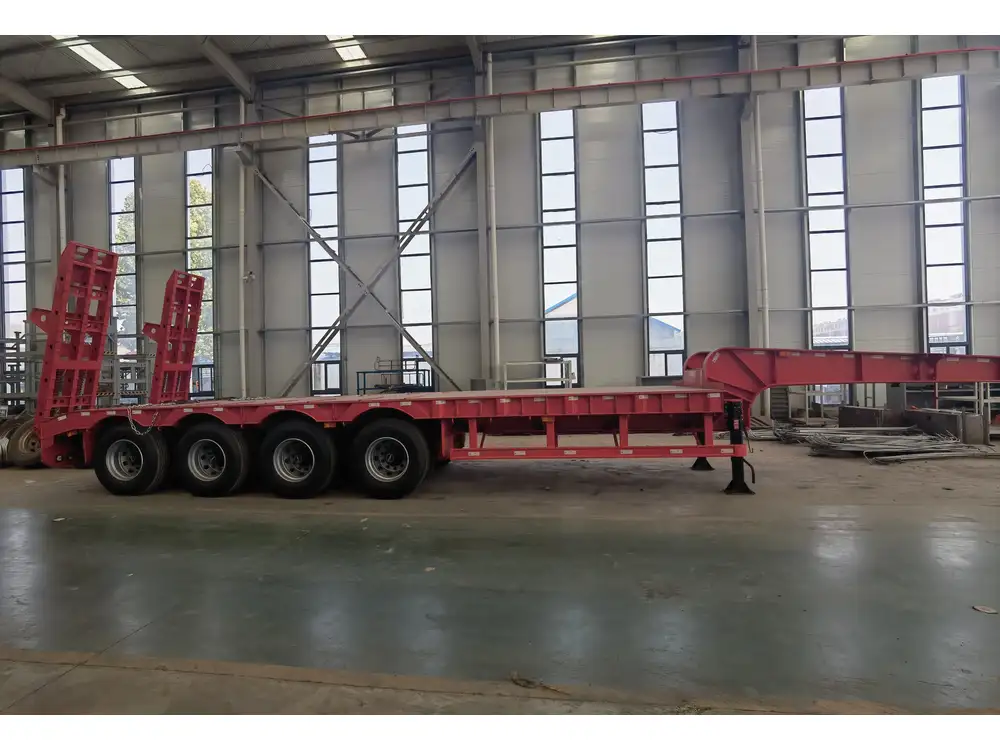
4. Comprehensive Insurance
Comprehensive insurance offers broader coverage beyond just collision and liability. It safeguards against a range of risks such as natural disasters, theft, or malicious activity.
5. Uninsured/Underinsured Motorist Coverage
If you’re involved in an accident with a driver who has insufficient insurance or no insurance at all, this coverage can provide you with compensation for injuries and damages.
Comparison of Insurance Types
| Insurance Type | Coverage Provided |
|---|---|
| Liability Insurance | Covers bodily injury and property damage claims |
| Physical Damage Insurance | Covers physical damage to the trailer |
| Cargo Insurance | Protects goods transported in the trailer |
| Comprehensive Insurance | Covers a broad range of risks beyond just collisions |
| Uninsured/Underinsured Coverage | Offers protection if involved in an accident with an uninsured motorist |
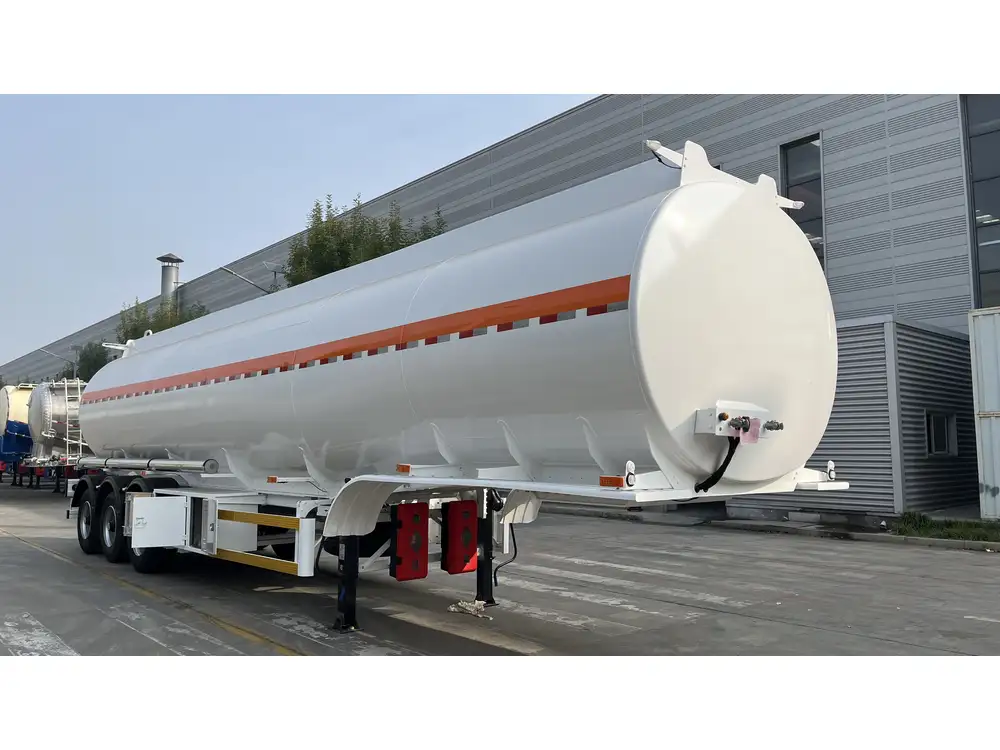
Factors Influencing Dump Trailer Insurance Costs
The cost of insurance for dump trailers can vary significantly based on several key factors:
1. Trailer Value
The higher the value of the dump trailer, the more you’ll likely pay for insurance. Premiums reflect the potential loss the insurance company would incur.
2. Usage
Personal or recreational use typically incurs lower premiums compared to trailers used for commercial purposes, which pose more risk.
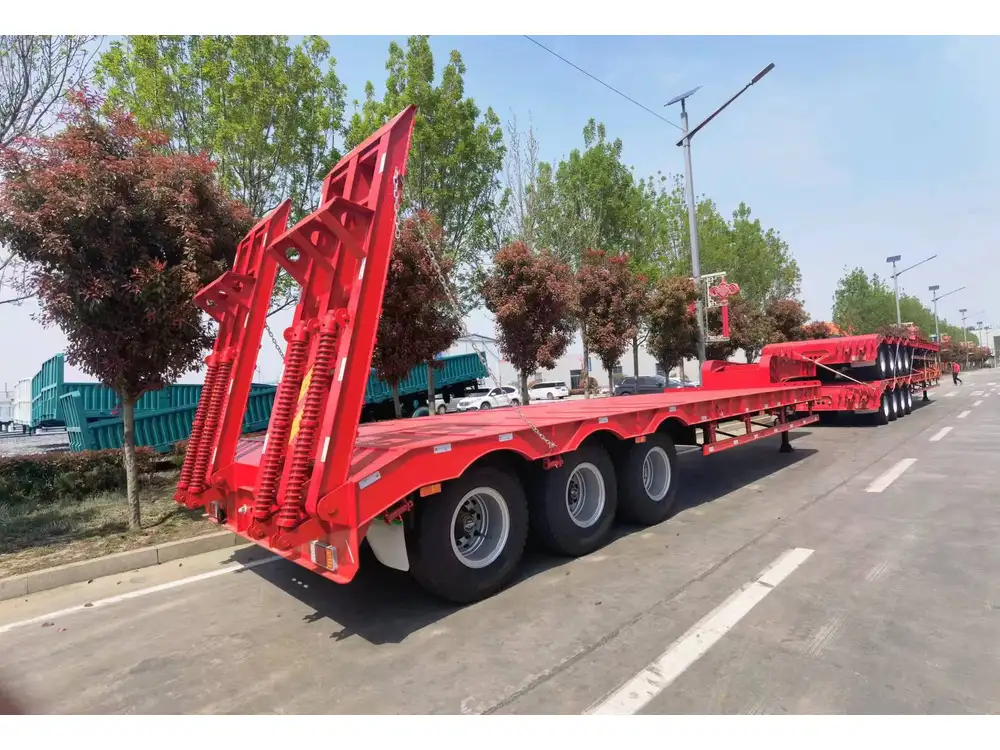
3. Coverage Types
Opting for more comprehensive coverage or additional riders can raise premiums. Understanding your coverage needs can help balance adequate protection with cost.
4. Owner’s Driving History
Insurance companies often assess the owner’s driving record. A history of accidents or claims could lead to higher premiums.
5. Location
Insurance costs can also be influenced by geographical considerations. Areas with higher theft rates or accident frequencies may lead to increased costs.
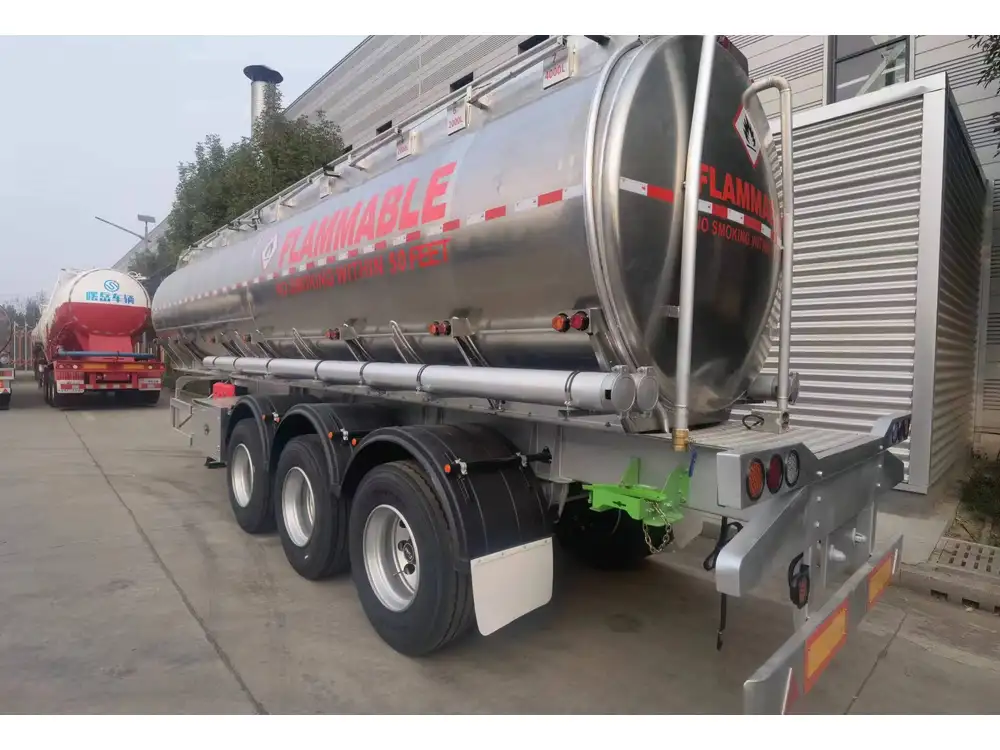
Table: Factors Influencing Insurance Costs
| Factor | Impact on Cost |
|---|---|
| Trailer Value | Higher value = higher premiums |
| Usage | Commercial use = higher premiums; personal use = lower |
| Coverage Types | More coverage = higher premiums |
| Owner’s Driving History | Poor record = higher premiums |
| Location | High theft/accident areas = increased costs |
Frequently Asked Questions (FAQs)
1. Can I insure a dump trailer that I use personally?
Yes, you can obtain insurance for a dump trailer used for personal reasons. However, ensure you evaluate the specific coverage needs based on expected usage.

2. What happens if I get into an accident with my dump trailer and don’t have insurance?
If you’re involved in an accident without insurance, you could face significant financial liabilities. You may be responsible for damages to other vehicles, property, and potential medical costs for injured parties.
3. How can I reduce my insurance premiums?
Several strategies exist to potentially reduce your insurance costs:
- Increase your deductible: A higher deductible can lower your premium; however, ensure you can afford the out-of-pocket expense in case of a claim.
- Bundle policies: Many insurers offer discounts for bundling multiple insurance policies.
- Maintain a clean driving record: Safe driving may result in lower premiums over time.
- Select the right coverage level: Assess your needs comprehensively to avoid overpaying on unnecessary coverage.
4. Do I need insurance if my dump trailer is rarely used?
While it may seem unnecessary, having at least basic liability coverage is recommended. Even if you use it infrequently, unexpected incidents can occur, exposing you to risks without protection.

5. Is insurance for commercial dump trailers different from personal dump trailers?
Yes, commercial dump trailers often require different coverage due to increased liability and usage risks. Ensuring comprehensive coverage is paramount when operating a trailer for business purposes.
Conclusion
Deciding whether to insure your dump trailer is a critical step toward safeguarding your investment and ensuring peace of mind. While legal requirements may vary, the multifaceted risks associated with operating a dump trailer underscore the importance of comprehensive insurance protection. With various types of coverage available, assessing your specific needs and situation is essential.
In light of potential liabilities and the costs of unforeseen accidents, investing in proper insurance isn’t merely wise; it’s a necessity. Carefully evaluating your options, understanding the nuances of different insurance types, and recognizing the factors influencing costs will enable you to make informed, sound decisions that effectively mitigate risk. Protect your assets, your livelihood, and your peace of mind by securing the appropriate insurance coverage for your dump trailer today.



